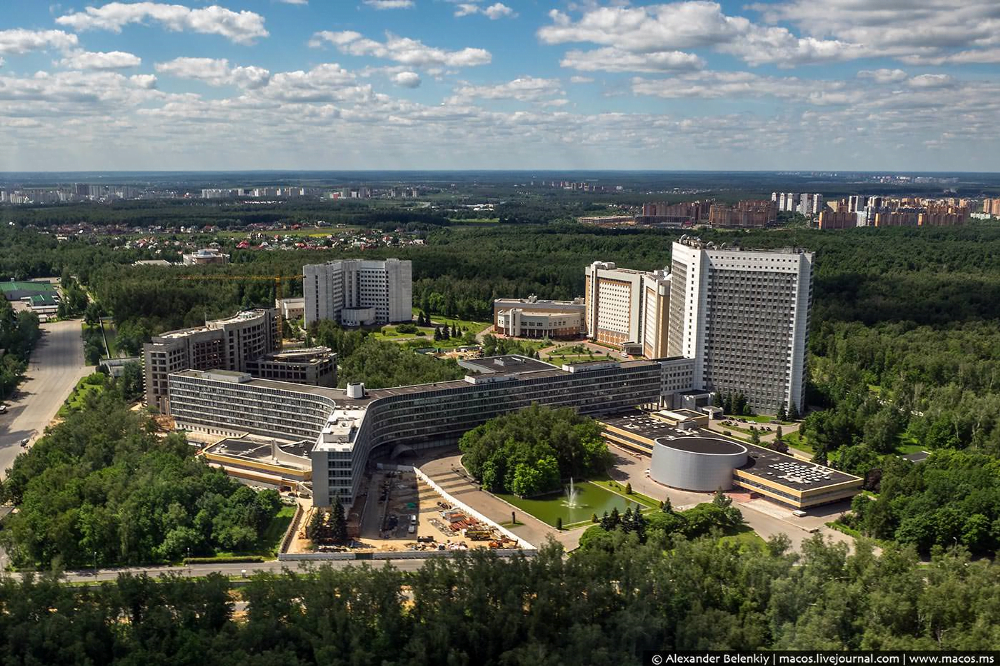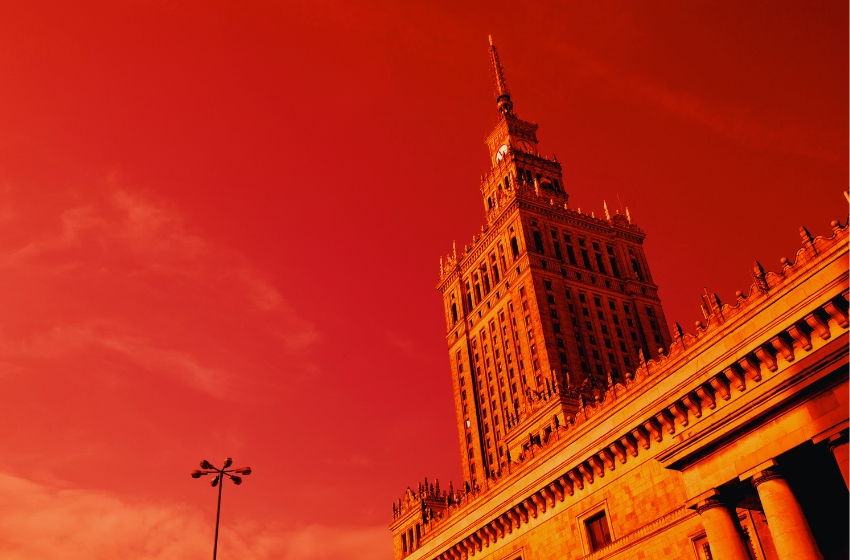During the United Nations Climate Change Conference (COP28), the German Federal Ministry for Economic Affairs and Climate Action (BMWK), the European Investment Bank (EIB) and the Ministry for Communities, Territories and Infrastructure Development of Ukraine agreed to sign a EUR 20 million grant for the Renewable Energy Solution Programme. The grant is intended to support the development of renewable energy in Ukraine, in particular during the restoration of municipal infrastructure in communities.
“This agreement is another step in our cooperation with the European Investment Bank and the German government to strengthen Ukraine’s energy security in the face of the Russian war.
Focusing on green energy is our strategic step towards energy independence in general. Public buildings consume a significant amount of energy for lighting, heating, cooling and powering electrical appliances. The integration of renewable energy has several benefits: continuity of service, cost savings, reduced emissions, increased resilience and reduced price volatility.
The goal of this cooperation is clear: together with our EU partners, we want to increase Ukraine’s resilience, rebuild the country, and support communities and cities in a more sustainable and environmentally friendly way than ever before,” said Oleksandr Kubrakov, Deputy Prime Minister for Restoration of Ukraine and Minister for Communities, Territories and Infrastructure Development.
The RES programme is designed to implement energy-efficient solutions in public buildings such as schools, hospitals and kindergartens. The grants will be allocated to communities and cities already receiving funding under existing EIB framework loan agreements. These include the Ukrainian Public Buildings Energy Efficiency Programme (UPBEE) and two recovery programmes: the Ukraine Early Recovery Programme (UERP) and the Ukraine Recovery Programme (URP).
Assistance will be provided for the provision of solar energy systems, geothermal heat pumps, and biomass energy solutions. Thus, the RES programme will improve the energy autonomy of public buildings and ensure their operation even during power outages.
The German Agency for International Cooperation (GIZ) is expected to provide technical assistance and advisory services necessary for the successful implementation of the programme.





















